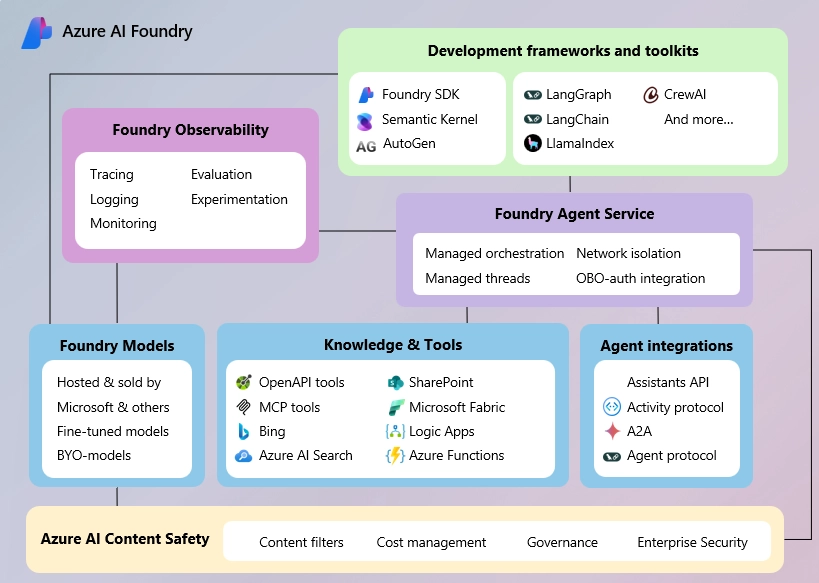Overview
GitHub Actions runners are the machines that run the jobs and steps in a GitHub Actions workflow. They are responsible for executing the commands defined in the workflow file and providing the necessary References for the tasks to be completed.
Runner types
There are two types of runners:
-
Self-hosted runners: These are runners that you set up and manage on your own infrastructure. This allows you to have full control over the environment in which your jobs are executed, and you can use specialized hardware or software that may not be available on the GitHub-hosted runners.
-
GitHub-hosted runners: These are runners that are provided and managed by GitHub. They are available on multiple operating systems, and they provide a variety of environments to run your jobs. These runners are free to use for public repositories, and for private repositories, you can use them for free for a certain number of minutes per month.
Examples
Here’s an example of how to specify the runner for a job in a workflow file:
jobs:
build:
runs-on: ubuntu-latestIn this example, the job is set to run on the latest version of Ubuntu, which is a GitHub-hosted runner.
You can also specify a self-hosted runner by using the name of the runner:
jobs:
build:
runs-on: self-hosted
name: my-runnerIn this example, the job is set to run on a self-hosted runner named “my-runner”.
To run the job on multiple runners, you can also specify a matrix of runners:
jobs:
build:
runs-on:
- windows-latest
- ubuntu-latest
- macos-latestIn this example, the job is set to run on the latest versions of Windows, Ubuntu, and macOS.
It is important to note that the choice of runner will depend on the specific requirements of your workflow, such as the operating system, software dependencies, and hardware References needed.
Additionally, you can use the needs keyword to specify dependencies between jobs. For example, you can use it to specify that a job depends on another job being completed before it can start:
jobs:
build:
runs-on: ubuntu-latest
steps:
- name: Build
run: make build
test:
needs: build
runs-on: ubuntu-latest
steps:
- name: Test
run: make testIn this example, the test job will not start until the build job is completed.
Summary
In summary, GitHub Actions runners are an essential component of a GitHub Actions workflow, providing the environment and References needed to execute the jobs and steps defined in the workflow file. Whether you choose to use self-hosted or GitHub-hosted runners, you should carefully consider the requirements of your workflow and choose the runner that best fits your needs.




Leave a comment